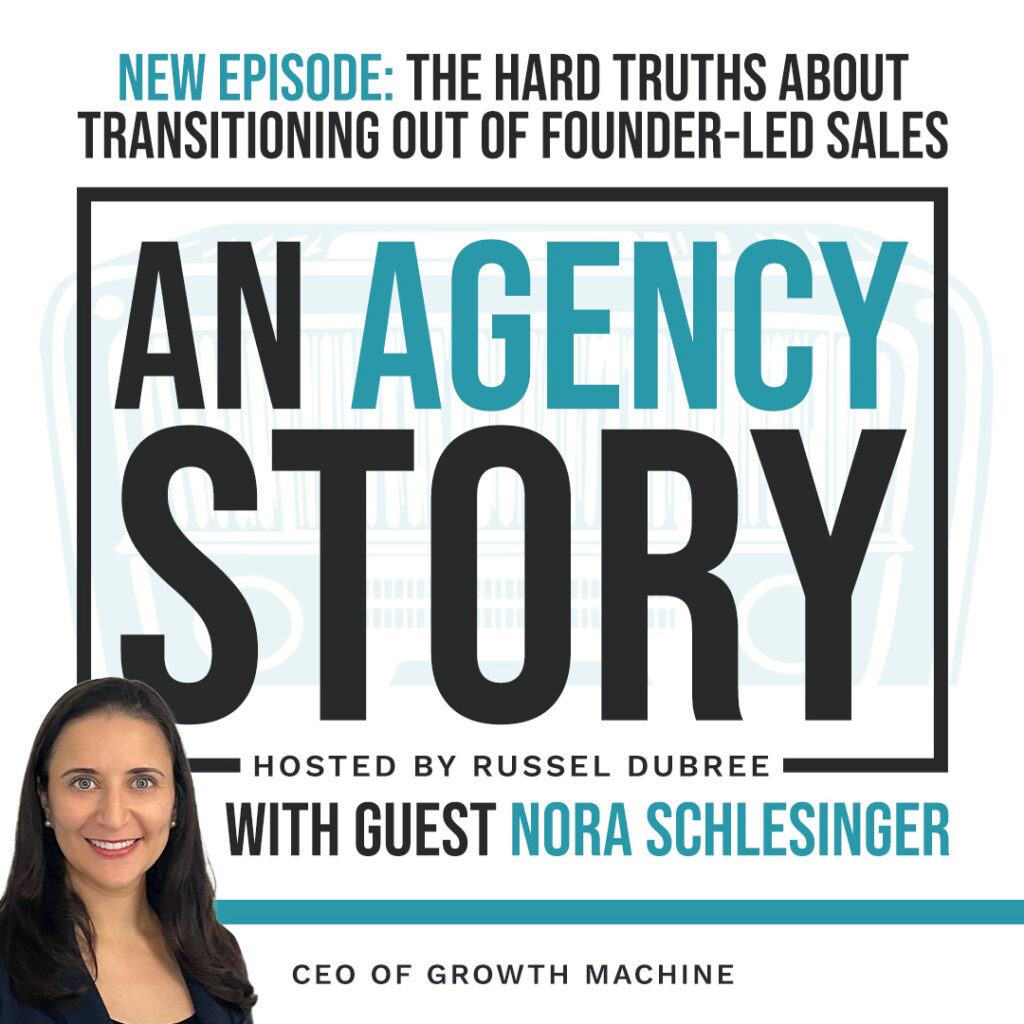Company: Growth Machine
Owners: Nora Schlesinger
Year Started: 2017
Employees: 26 – 49
In this episode of An Agency Story, we dive into an unconventional path to agency ownership with Nora Schlesinger, CEO of Growth Machine—a boutique SEO and content marketing agency. But here’s the twist: Nora didn’t start this business. She took the reins in a surprising turn of events, proving that leadership isn’t always about building from scratch—it’s about stepping up when the opportunity arises. Nora’s story is anything but typical. From working with Slipknot’s manager in the music industry to launching a successful baking blog, her career took unexpected turns before she landed a job at Growth Machine—when it was still an unknown company without a website. She became the first full-time hire, built systems, and later found herself handed the CEO title when the founder decided to step away. In this episode, we discuss a number of insights to include:
- The real challenges of inheriting a business—and why it’s not as easy as it sounds.
- The sales nightmare she walked into and how she rebuilt the entire process.
- The balance of trust and legalities within a partnership
Plus, hear the “business end” of an unforgettable keyword research project Growth Machine ever worked on (hint: it involves Dude Wipes and some truly bizarre Google searches). Enjoy the story!
You can listen to this episode of An Agency Story on your favorite podcast app:



